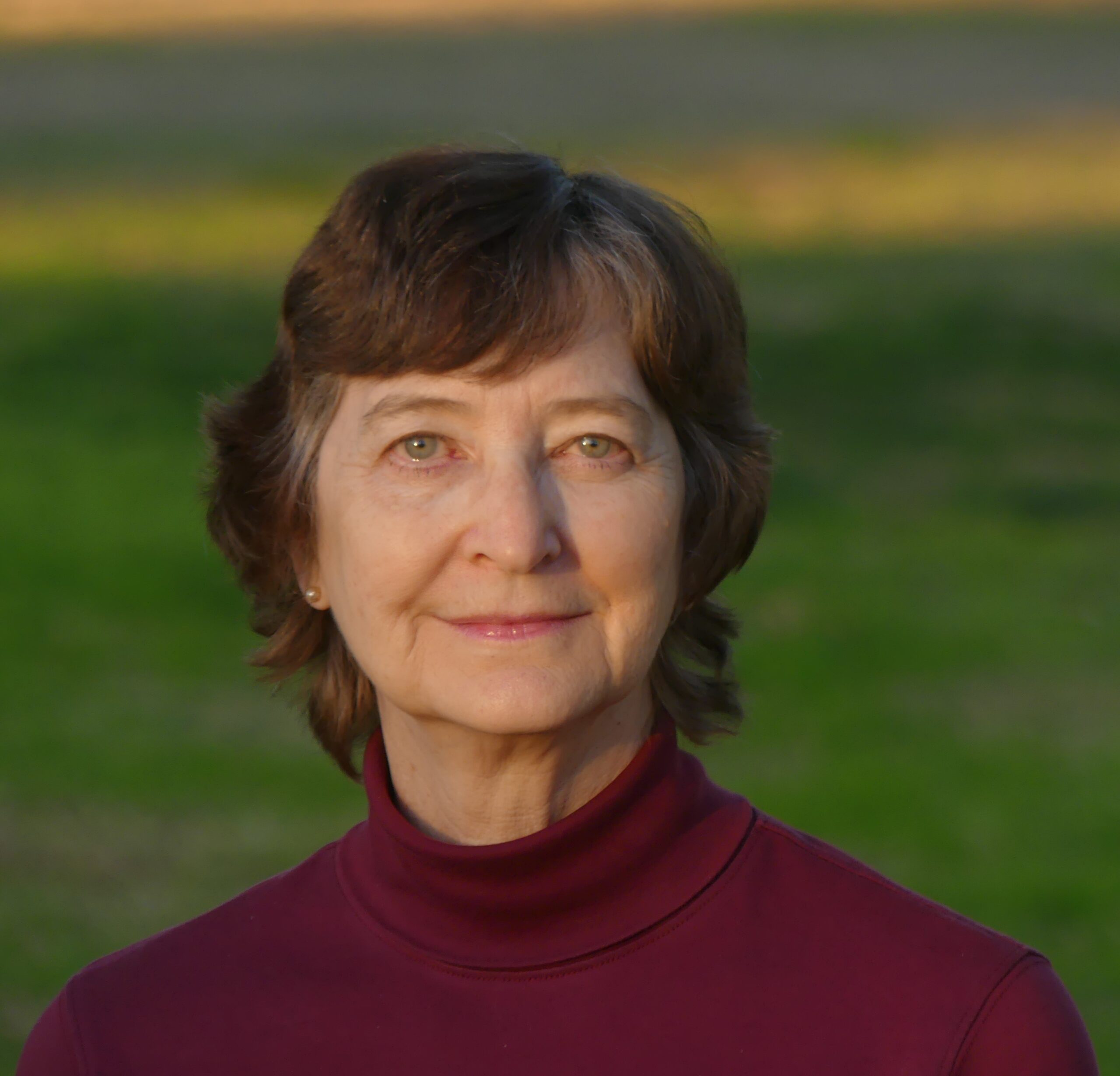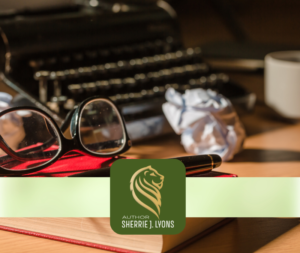
Part 4: My Current Relationship with Books
This is the final part of an essay that explains how the author could be a good writer even though she wasn’t a “reader.”
Now that my sons are grown, I have more opportunity to read. I ask friends and relatives for book recommendations; I buy and read books from new authors to encourage them and increase their sales numbers; I have participated in two book clubs; and my nonagenarian father continues to send me books that are not a good fit. I read with my husband almost nightly. We alternate who chooses the book, and we take turns reading aloud, either by the chapter or by the clock. It’s our private book club. Have I become a “reader”? I would say no. When I have free time, I’m more inclined to reach for the TV remote than a book.
I’ve always watched too much television. Old Westerns were and remain some of my favorites. I believe that watching “Bonanza,” “The Rifleman,” “Rawhide,” and other shows helped me become a good writer. After all, professionals wrote those iconic shows. I used the programs as background research for clothing styles, slang, scenery, horse ailments, and many other aspects of my Western novel, including relationships between fathers and sons; however, I also double-checked items, because sometimes those old Westerns fudged facts.
As to the question of how I could be a good writer if I wasn’t a reader, the answer is complicated. One benefit of being a reader is the exposure to vocabulary. My vocabulary isn’t as large as I would like, but I tried to avoid embarrassment by writing a novel for youth, with the assumption that my vocabulary was as large as theirs. I did incorporate some advanced vocabulary into the story, however, to expose the readers to unfamiliar words. In addition, I used a dictionary and thesaurus constantly while writing. Besides strong verbs, I looked for precise words and words that were appropriate for the era.
I tried to write what I knew and research what I didn’t know. I also tried to write in non-conventional ways. I didn’t want to write by formula. Perhaps other authors have tried the same nonconventional ways, but I haven’t read enough to have copied anyone. In particular, my novel is part Western, mystery, romance, and fantasy. If you read The Adventures of Miss Becky McCoy, you will notice that the romance does not focus on the main female character but on lesser characters. In addition, the narrator rarely, if ever, tells how or what Miss Becky is thinking or feeling, even though she’s the main character. She’s so different, how could anyone, except herself, know what’s inside her? Dialogue is the conduit to let the reader know what’s in her mind. This presents a problem in Chapter 7. How can there be dialogue when the characters don’t speak the same language? I’ll leave the challenges of writing Chapter 7 to a future blog post. My point is that I was able to be more creative in my writing style because I hadn’t been influenced by the “correct” style. I think the differences in my approach made for a more interesting story.
Something else that makes the story unusual is that although the novel is a coming-of-age book, one could argue that Miss Becky isn’t the character who grew up the most, nor is her young friend, Cody. The focus on Mason’s relationships with his son, girlfriend, and best friend dominate, and he may be the character whose feelings are most often revealed and who shows the most growth and maturity. Miss Elizabeth is yet another character who shows signs of growth. Do these unconventional writing styles make for good writing? That’s for you to decide!
Even though I wasn’t a reader, my reading and writing skills were always strong. I was in Honor’s English in high school, where I earned As on my essays, and I tested out of a semester of university English. These facts suggest that I had advanced writing skills. In addition, I wrote poetry as an adult and joined a poetry society. Poetry is a concise form of writing that can improve word choice, flow, and wordiness. Some of my poems have been published in journals. Demonstration of my poetry-writing skills culminates in The Tragedy at Cambria, which I wrote in rhyming iambic pentameter.
My writing ability was also strengthened by being an editor, albeit a self-made one. I learned how to improve sentences and passages to make them stronger; however, I hired an editor for The Adventures of Miss Becky McCoy because even good writers shouldn’t edit their own work.
I began Part 1 of this blog post with a story about an author at a book signing, and I’ll conclude with another. At one book signing I attended, the author came across as arrogant. He floored me when he said he didn’t know why everyone thought they could be writers. He mentioned something about attorneys having to get law degrees and other professions requiring education to do a job. His point was that good writing takes skill and knowledge that a layman doesn’t possess. Surely, he wasn’t talking about me! After all, some people are born with talents that others must work to obtain. Some people learn by doing and are self-educated. Some people just want to tell their story and don’t care if they earn a living from writing. I understand his perspective, but I don’t agree with it.
We live in an era when everyone is encouraged to write because anyone can be published. New authors no longer must submit manuscripts to slush piles, wait months for rejection letters to arrive, or find an agent. Self-publishing has opened the world of writing to everyone. When I participated in a Barnes & Noble crawl, one of the authors had autism, and he had no trouble selling his books. Did he have a degree in English or creative writing? No, he woke his mother up in the middle of the night and said he wanted to write a book. A child author participated in another of those crawls. Where did she get her education? Were either of these authors readers? I don’t know, but they were both successfully selling their stories. I conclude that good writing comes from many sources and experiences, and that it’s not necessary for me or others to be a reader to be a good writer.
©2023 Sherrie J. Lyons

Sherrie has written works in a variety of genres. The Tragedy at Cambria is her first play. It was originally published in an online journal, the Oregon Literary Review. Her first novel, Luke’s Legacy, was a sci-fi/fantasy story written in the Star Wars universe.
Check out the latest adventures . . .

This is the final part of an essay that explains how the author could be a good writer even though she wasn’t a “reader.”

This is Part 3 of an essay that explains how the author could be a good writer even though she wasn’t a “reader.”

Part 2 of the Editing Experience essay describes the author’s experience as a writer who hired an editor.